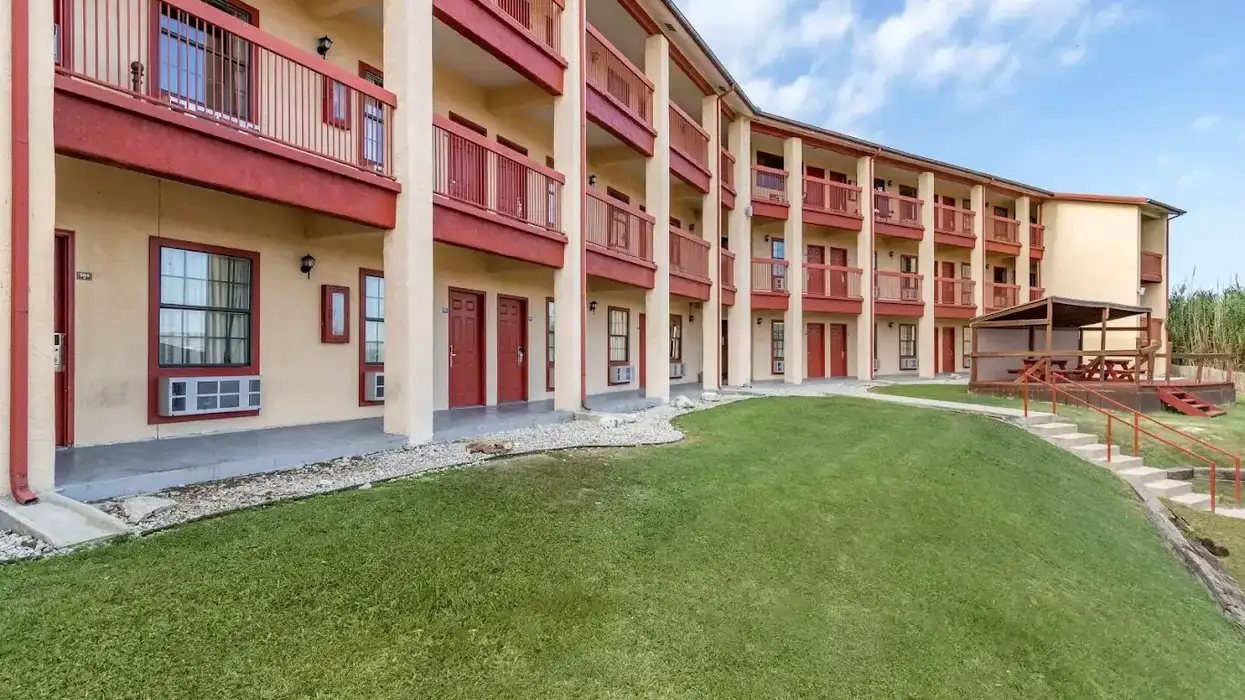U.S. hospitality index Q4 2024: Top cities driving hotel growth
U.S. HOSPITALITY BUSINESSES reported a 108.2 percent year-over-year health metric for the fourth quarter of 2024, the highest in four quarters, according to the Hospitality Group and Business Performance Index by Cendyn and Amadeus. Tampa, Houston, and Miami led the top 10 cities in rankings.
The index combines event data from Cendyn’s Sales Intelligence platform, formerly Knowland, with hotel booking data from Amadeus’ Demand360, covering group, corporate negotiated, global distribution system, and events performance, the companies said in a joint statement.
Top 10 cities by index:
- Tampa – 121.4 percent
- Houston – 120.6 percent
- Miami – 116.8 percent
- New York City – 112.0 percent
- Chicago – 111.6 percent
- Phoenix – 110.4 percent
- Detroit – 109.8 percent
- Louis – 109.6 percent
- San Diego – 109.6 percent
- New Orleans – 108.3 percent
Top growth markets for group performance were Houston at 124.0 percent, Tampa at 119.8 percent, New Orleans at 114.1 percent, Chicago at 114.0 percent and Detroit at 113.8 percent.
Key insights from the index:
- Overall health index: The aggregated index for group, corporate negotiated, global distribution system, and events reached 108.2 percent in the fourth quarter of 2024, the highest in four quarters and the third consecutive quarter above 100 percent.
- Group performance: The Group Index reached 101.0 percent, with a 0.7 percent decline in room nights and a 1.7 percent increase in average daily rate, marking nine consecutive quarters of growth.
- Indirect channels: Global distribution system grew to 112.3 percent, driven by a 9.8 percent increase in room nights and a 2.3 percent rise in average daily rate.
- Negotiated performance: The Negotiated Index reached 104.2 percent, with a 0.6 percent drop in room nights and a 4.8 percent rise in average daily rate.
- Events performance: Events led all segments in the fourth quarter, with volume reaching 115.2 percent of the same period last year.
- Meetings: Hotels saw growth in the fourth quarter driven by meetings and events. Average attendance remained at 127 guests, while average space used shifted slightly from 3,766 to 3,410 square feet.
In November, Cendyn and Amadeus reported that U.S. hospitality businesses saw a year-over-year health metric of 107.9 percent in the third quarter, the highest in four quarters.






